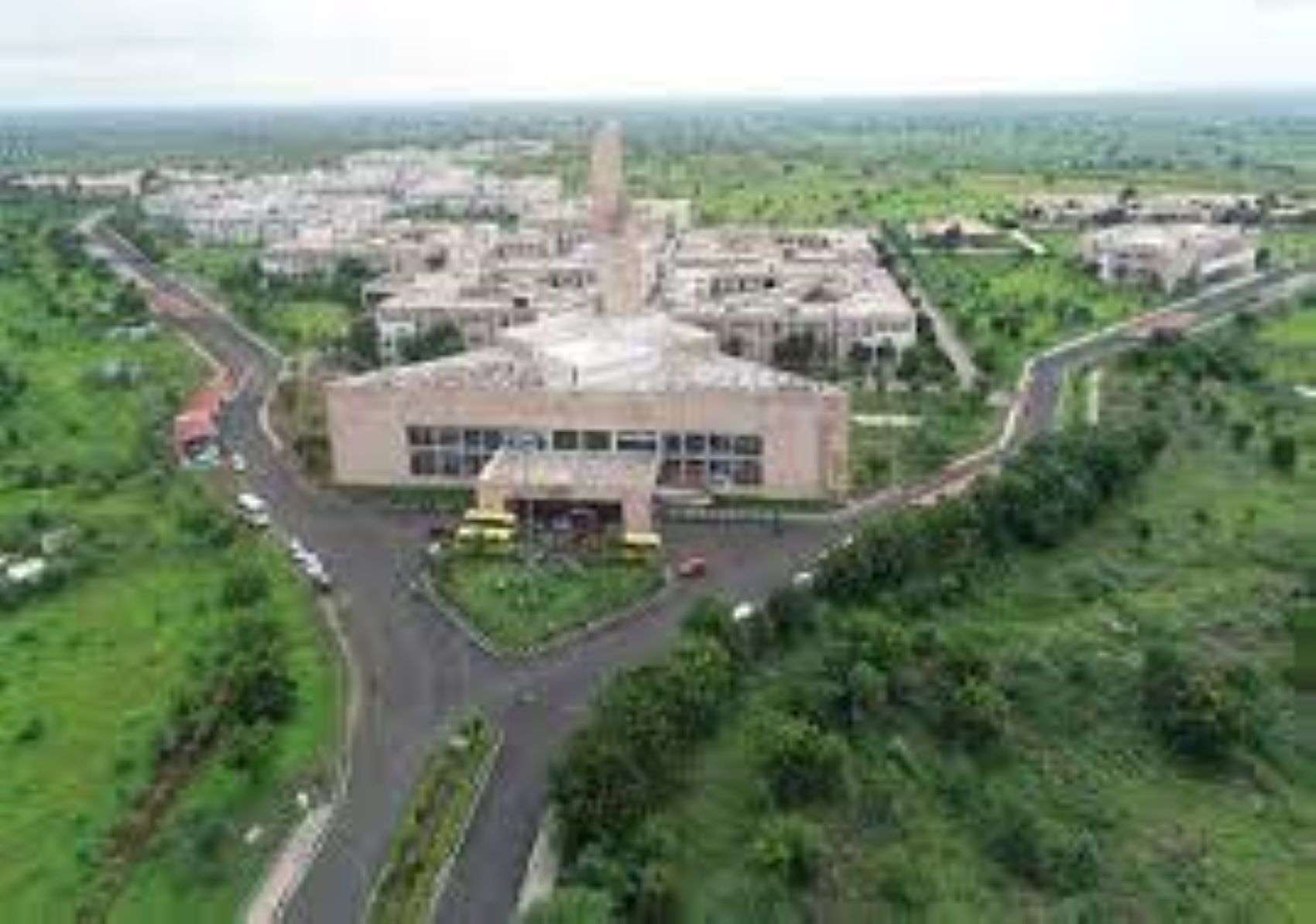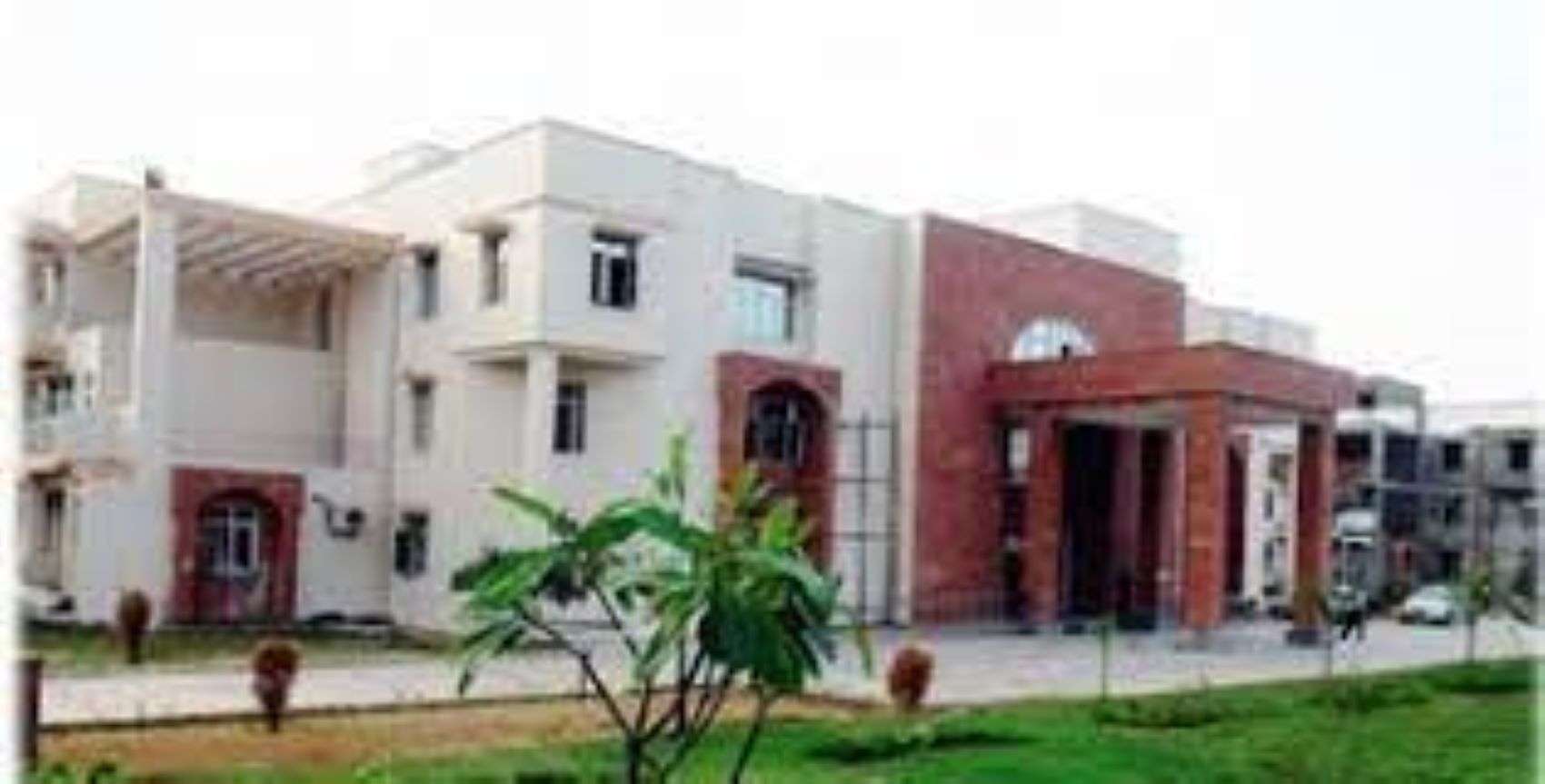Turkish coffee is celebrated in literature and song and is an important part of ceremonies and festivals: when Kaldi, an Ethiopian goat herder, took his goats to pasture, he noticed that two of them were eating berries from a bush and they became very playful and energetic.
- Nor would they sleep at night. Kaldi reported this to the abbot of the local monastery. The curious abbot picked the berries and made an infusion, which he consumed.
- This gave him more energy and also kept him awake during long hours of prayer.
- Soon the news of these berries began to spread and the rest, as they say, is history.
- In the 15th century, coffee reached the Arabian Peninsula and “Arab wine”, as it was called, spread throughout the world through pilgrims visiting Mecca.
- It has become popular in Egypt, Yemen, Syria, and Turkey.
- Ozdemir Pasha, the Governor of Yemen presented it in 1540 to Sultan Suleiman the Magnificent of Turkey.
The Favorite
Turkish coffee quickly became a favorite not only on the palate, but also among aristocrats and the public. Qavehkhaneh or cafes became the center of social and community activities such as playing chess, listening to music, watching dances and discussing current affairs and news. These cafeterias were called “schools of wise men”.
- The coffee professionals known as “KahveciUsta” began opening cafes where the public flocked.
- To make Turkish coffee, arabica beans are manually ground and boiled with water and sugar in a special pot called cezve in Turkey and ibrik elsewhere.
- It is removed from the heat as soon as it begins to foam and before it boils.
- It is traditionally served in individual porcelain cups called kahvefinjanı. Sometimes coffee can be flavored with cardamom or other spices and served with a bit of Turkish delight.
- Turkish coffee was inscribed on the UNESCO list of Intangible Cultural Heritage of Humanity in 2013. It is celebrated in literature and song and is an important part of ceremonies and festivals.











More Stories
Registration for CLAT 2025 begins today; last date October 15
CLAT 2025 registration will begin on July 15
Delhi University 5 Year Law Programs Registration Begins